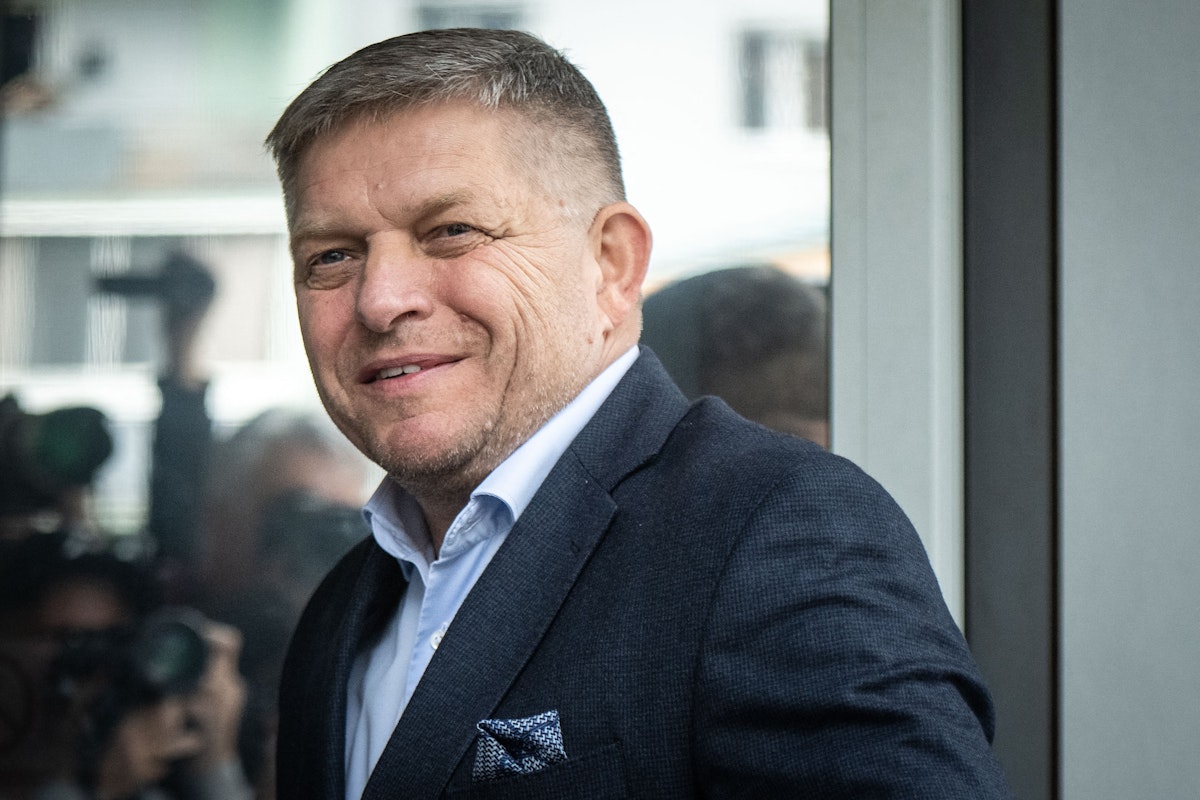
What’s more, it looked, for a moment, like people would be held accountable. Marián Kočner, the financier and real estate tycoon who was believed to have orchestrated Kuciak’s killing, was charged with ordering the murder. (Kočner was also suspected of having ties to Fico.) Fico and his close political ally and former Interior Minister Robert Kaliňák, in 2022, were accused of creating an organized criminal group that allegedly used classified tax information to attack political rivals. But Parliament did not approve a motion to lift Fico’s immunity from prosecution while he was being investigated, as had been requested by the Special Prosecutor’s Office. Had Fico remained out of power, it is possible that other attempts to prosecute him for criminal offenses would have moved forward.
Then, last June, Čaputová—arguably the most trusted politician in the country—announced she would not seek reelection for the presidency: It was broadly understood that she did not want to spend five more years fighting with the likes of Fico, whom she sued after he called her an “American agent,” and receiving death threats from the prime minister’s supporters. Kočner had been acquitted a month earlier, though a woman believed to be his accomplice was found guilty of Kuciak’s murder. In December 2022, the government fell apart amid accusations of incompetence, and early elections were held in September last year.
It seemed, for a moment, that the big winner might be Pellegrini, who had broken off to form his own party. Fico, however, was not new to any of this. He had been prime minister from 2006 to 2010, and again from 2012 to 2018. He knew how to play the great game of Slovak politics.